CIArb AWARD WRITING TECHNIQUES: LEGAL DICTA IN REASONINGThere may arise a situation that you ought to rely on the wealth of legal-dicta to guide your decision but yet the party as portray in the examination may not have a chance to deliberate such. What would you do?
1. An arbitrator's task is to decide what he has been asked to decide. In real life, arbitrator is cautioned NOT to suggest any legislation that has not proposed as being applicable to a certain issue; reason being the 'loser' might use this to set aside award; citing ‘self-evidence’. 2. In examination, reference to quotation of laws may not be available and it is expected that the examiner will be looking for the candidate to refer to well-known [trite] legal authorities, so as to enable the examiner to know that the candidate could fairly apply the law to arrive to its impartial decision. Otherwise there is nothing for the candidate to write.[1] 3. Therefore, it is important for candidate to make a declaration in its award by quoting [1] and [2] above, as an ‘end-note’ to guide the examiner but not constitute part of the award, so that the examiner will not fail the candidate by declaring that the award is unenforceable. 4. Otherwise, the examiner will claim, “a huge level of dicta rely upon which has not been provided by the party and that has guided all the decision in this award make the award unenforceable”.[2] ------------------------------------ [1] BSS 153-Arbitration Award Writing, Topic 4:Detailed Requirements, (Robert Gordon University, 2017) [2] CIArb International Arbitration Award Writing, Module 3
0 Comments
CIArb AWARD WRITING TECHNIQUES: SUBSTANTIVE LAW Party autonomy is the pillar of arbitration. However, the party fails to choose the choice of law apply to the substantive law of the arbitration, this may open up challenge to the substantive law:
Substantive Law
------------------------------------ [i] Sulamerica v Enesa[2013]1WLR102 [ii] Enka v Chubb[2020]UKSC38 [iii] Lancashire CC v Municipal Mutual[1997]QB897:verba ita sunt intelligenda ut res magis valeat quam pereat, contract should be interpreted so that it is valid rather than ineffective. [iv] Arbitration agreement is a contract; naturally should be governed by the substantive law governing the contract; but by applying the ‘doctrine of severability’, it rarely contradict the substantive law. [v] The ambit of this exception is unclear. S.6 of the Arbitration (Scotland) Act 2010 create a default rule in favour of the seat being the law governing the arbitration agreement, when the choice of law governing the arbitration agreement is absent. [vi] Kabab-Ji v Kout Food[2020]EWCACiv6 [vii] Sulamérica v Enesa Engenharia [2012] EWCA Civ 638 [viii] Kabab-Ji v Kout Food Group [2020] EWCA Civ 6 [ix] Enka v Chubb[2020]UKSC38 CIArb AWARD WRITING TECHNIQUES: PERJURY CHALLENGE This may not be common but may happen that a party may challenge on ground of perjury:
Perjury Challenge
------------------------------- [i] Woolmington v DPP [1935] UKHL 1 CIArb AWARD WRITING TECHNIQUES: LANGUAGE USE IN ARBITRATIONWhen an arbitration agreement did not specifically spelt out the language use in the arbitration, party may mount a challenge on this aspect:
Language Use in the Arbitration
-------------------------------------- [i] Art.18ML, “The parties shall be treated with equality and each party shall be given a full opportunity of presenting his case.” [ii] <http://arbitrationblog.kluwerarbitration.com/2014/05/06/the-choice-of-the-language-of-the-proceedings-an-underestimated-aspect-of-the-arbitration/> [iii] Some jurisdiction recognised that the language use in the arbitration shall also be the language use in the contract, i.e. Art.20 International Chamber of Commerce Arbitration Rules ICC, “in the absence of agreement by the parties, the arbitrators should give ‘due regard’ to all relevant circumstances, including the language of the contract" and Art.18 Rules of the International Centre for Dispute Resolution Arbitration Rules ICDR, "the language (s) of the arbitration shall be the language(s) of the documents containing the arbitration agreement, subject to the power of the arbitral tribunal to determine otherwise." [iv] Art.19(1) UNCITRAL Rules 2010, “Subject to an agreement by the parties, the arbitral tribunal shall, promptly after its appointment, determine the language or languages to be used in the proceedings.” CIArb AWARD WRITING TECHNIQUES: JURISDICTIONAL CHALLENGEArbitrator may rely on its ability to decide on its jurisdiction as in competence-competence, yet it is often that party may challenge a tribunal’s jurisdiction on many areas such as:
Jurisdictional Challenge
CIArb AWARD WRITING TECHNIQUES: CHALLENGE ON IMPARTIALITY AND INDEPENDENCE Another common challenge posed by a party especially when the member of the tribunal is a famous personality.
Impartiality or independence Challenge
------------------------------------------ [1] G. Herrmann, ‘The Arbitration Agreement as the Foundation of Arbitration and its Recognition by the Courts’ [2] Advisory Committee on Judicial Ethics of the James State Unified Court System, 2017. CIArb AWARD WRITING TECHNIQUES: CHALLENGE ON LEX ARBITRI Party may mount various challenges to derail a hearing and the most often in international arbitration is:
Challenge on Lex Arbitri
----------------------------------- [i] Art.20(1)ML, “The parties are free to agree on the place of arbitration. Failing such agreement, the place of arbitration shall be determined by the arbitral tribunal […]” [ii] Sulamérica v Enesa Engenharia [2012] EWCA Civ 638 [iii] Kabab-Ji v Kout Food Group [2020] EWCA Civ 6 [iv] Rome Convention 1980 [v] Art.4(5) Rome Convention 1980 [vi] The use of ‘England’ or ‘England and Wales’ is unlikely to cause any problems as both share one jurisdiction in relation to the administration of justice as the ‘judicial seat’. CIArb AWARD WRITING TECHNIQUES: DEALING WITH 'CALDERBANK OFFER'One party, in the view of not succeeding in its case, may offer to the other party to settle amicably. In the event that an offer is made, the tribunal must avoid of knowing the content of the offer at all costs, to maintain impartiality. The tribunal must make a decision such as:
Calderbank Offer
----------------------------------- [1] Tramountana Armadora v Atlantic Shipping[1978] 2 All ER 870; Cutts v Head [1984] Ch 290; Centreland Management v HSBC Pension Trust [2013] EWHC 3238 (Ch.) [2] Vogelaar v Callaghan [1998] 1 IR 88, Pepys v London Transport Executive [1975] 1WLR.234; Multiplex Constructions (UK) Limited v Cleveland Bridge UK Ltd [2005] EWCACiv139; Cleveland Bridge Dorman Long Engineering Ltd [2008] EWHC 2220 (TCC). CIArb AWARD WRITING TECHNIQUES: WHEN NO PARTY IS SUCCESSFUL IN THEIR CLAIM A situation may arise when no party is successful completely on their claims. As such the tribunal may apportion costs such as:
Awarding Costs when No One is Completely Successful
CIArb AWARD WRITING TECHNIQUES: DEALING WITH 'ANY AMOUNTS THE TRIBUNAL SEES FIT' There are situation when parties seek for granting of any other amounts that the tribunal sees fit, yet maintained that the tribunal not to act, ‘ex aequo et bono or as amiable compositeur’ … this is a sample approach.
Any other amounts the tribunal sees fit
|
AWARD WRITING BLOG FOR ARBITRATIONObjective of this Page:I am sharing these information with a caveat that these information is for educational purpose only and shall not be taken as an advice be it legal or otherwise. You should seek proper advice to your case with the relevant professionals. The author cannot guarantee the accuracy of the information so provided here.
ArchivesCategories
All
|
- Home
- About
-
Practice
-
DYA + C
-
Consultant
-
Educator
- Author I am...
- Speaking Engagement >
- Attempting Law School
- Journey in USM(Arch) >
- Discourse in Studio 6 >
-
d:KON 4
>
- Actors >
-
Acts
>
- Portraiture
- A Slice of Space Time
- Box of Installation of Lights
- Radio Misreading
- Grid of Destinies
- Shelter
- Anatomy of Pain
- Tensigrity of Ego
- Of Prisons and Walls
- Forest of Nails
- Curtain of Fears
- Dissolution of the Ego
- If it's Ain't Broken it's Ain't Worth Mending
- Flight of Freedom
- Cross of Complexity and Contradiction
- interrogation
- Stage >
- Play
- Approach
- Galleria >
- External Critique >
- Philosophy
- Codes Regulations & Standards >
- Photo Essays
- Contact

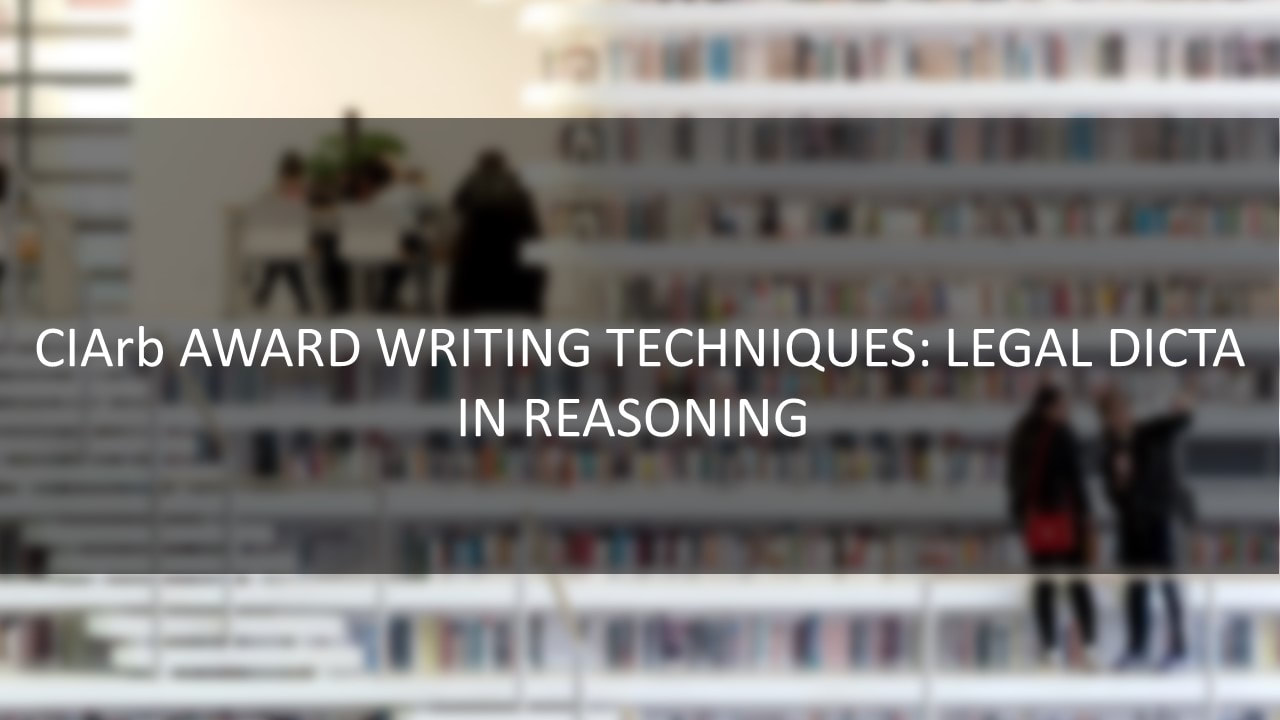
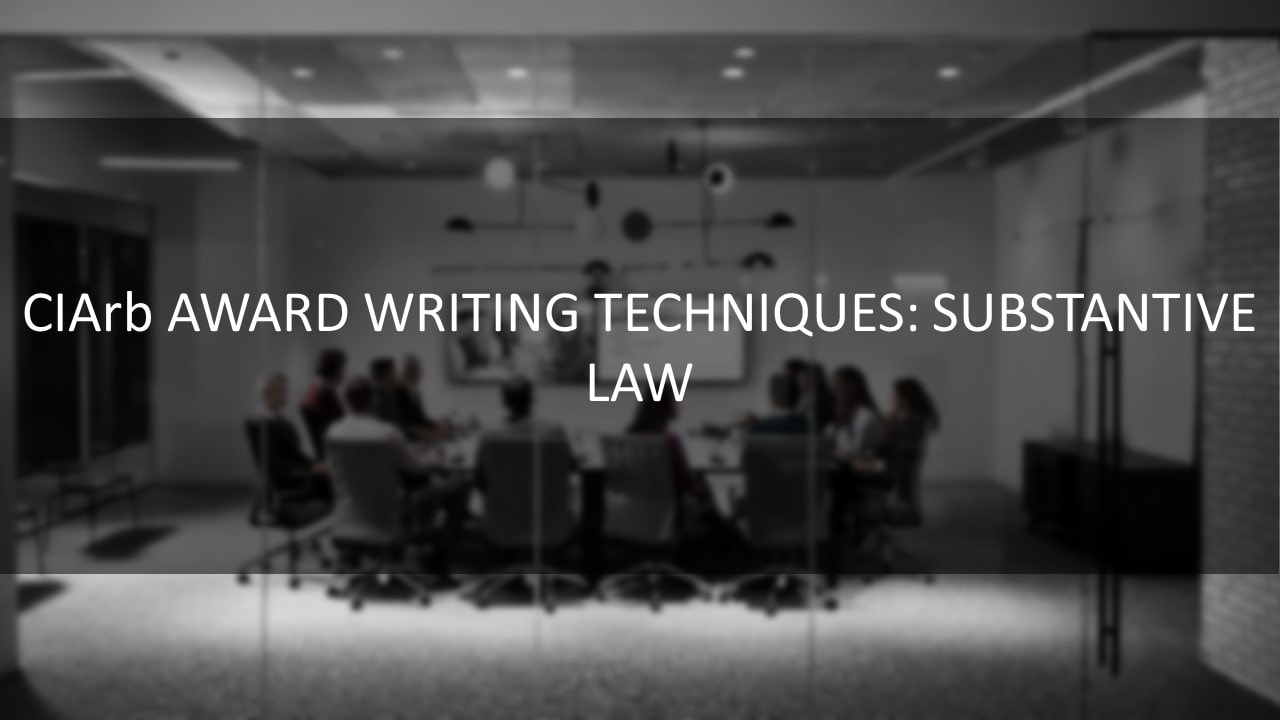
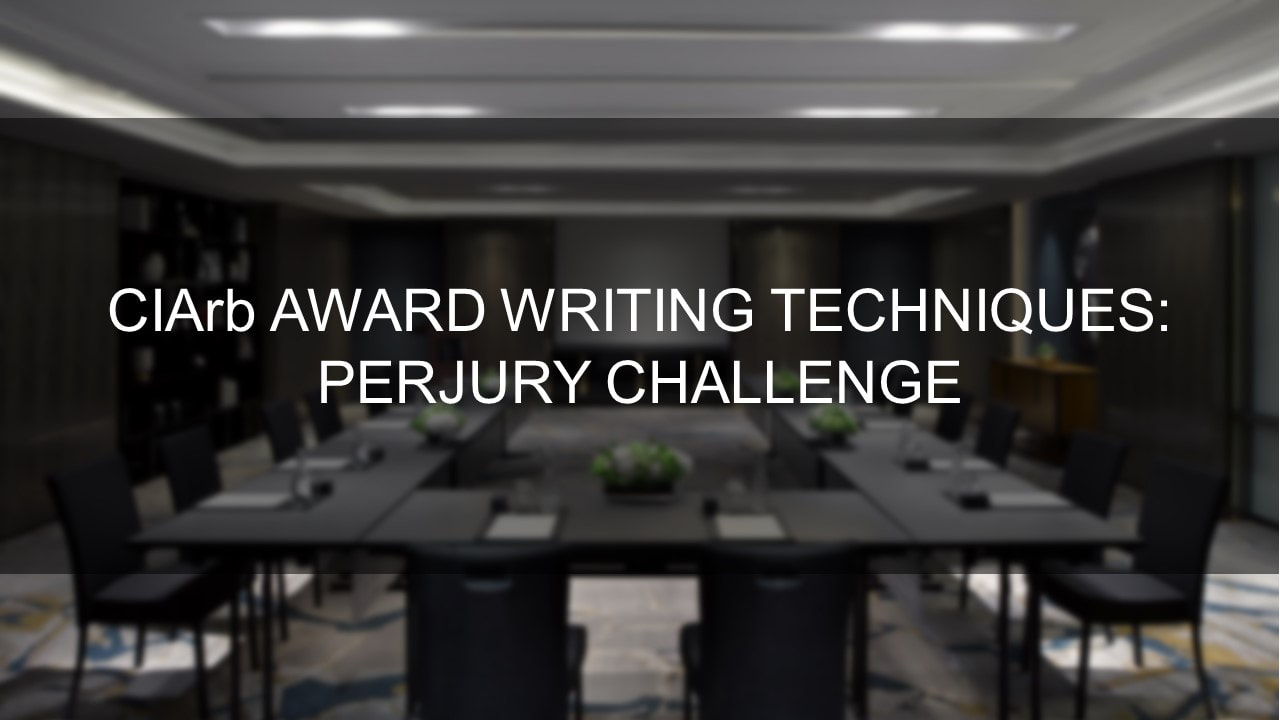
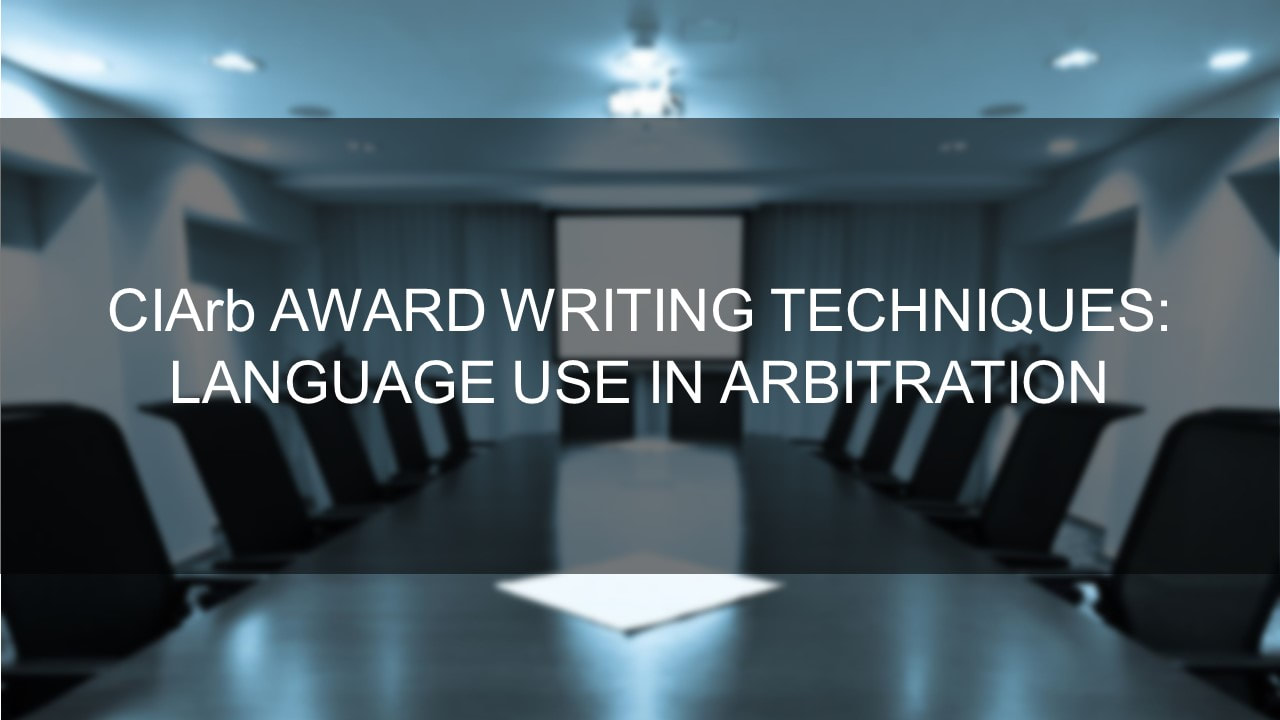
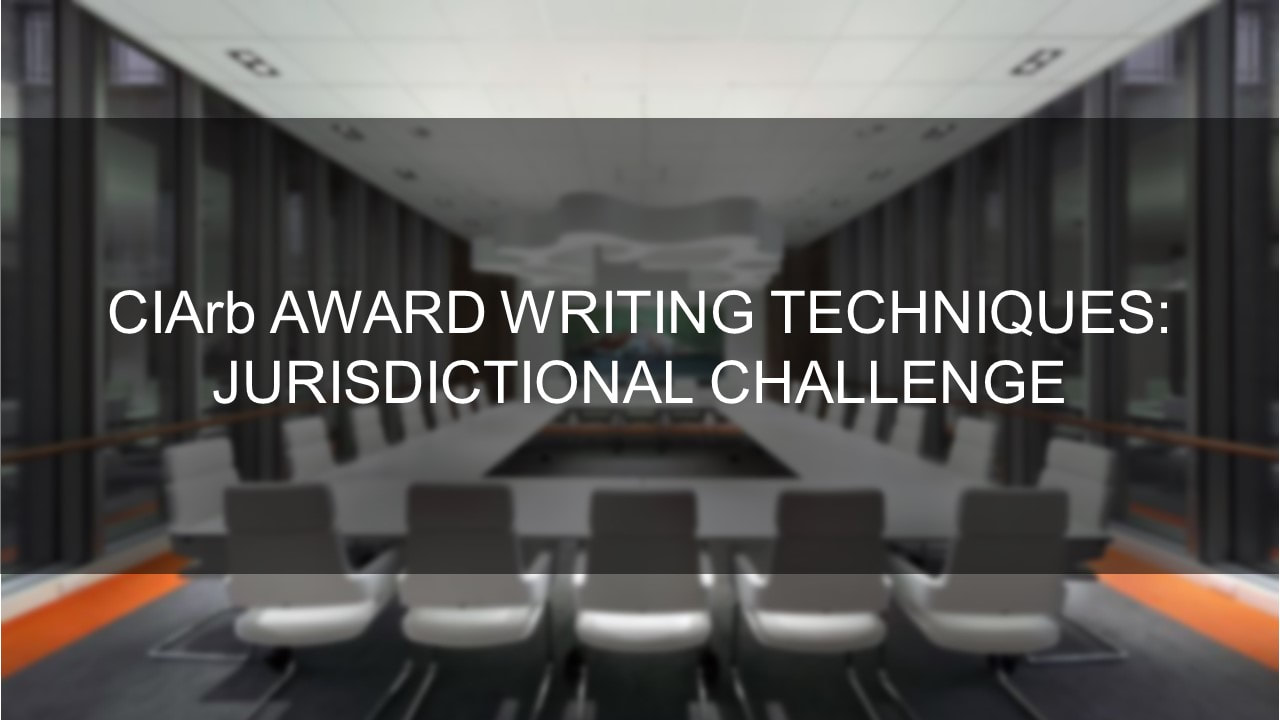
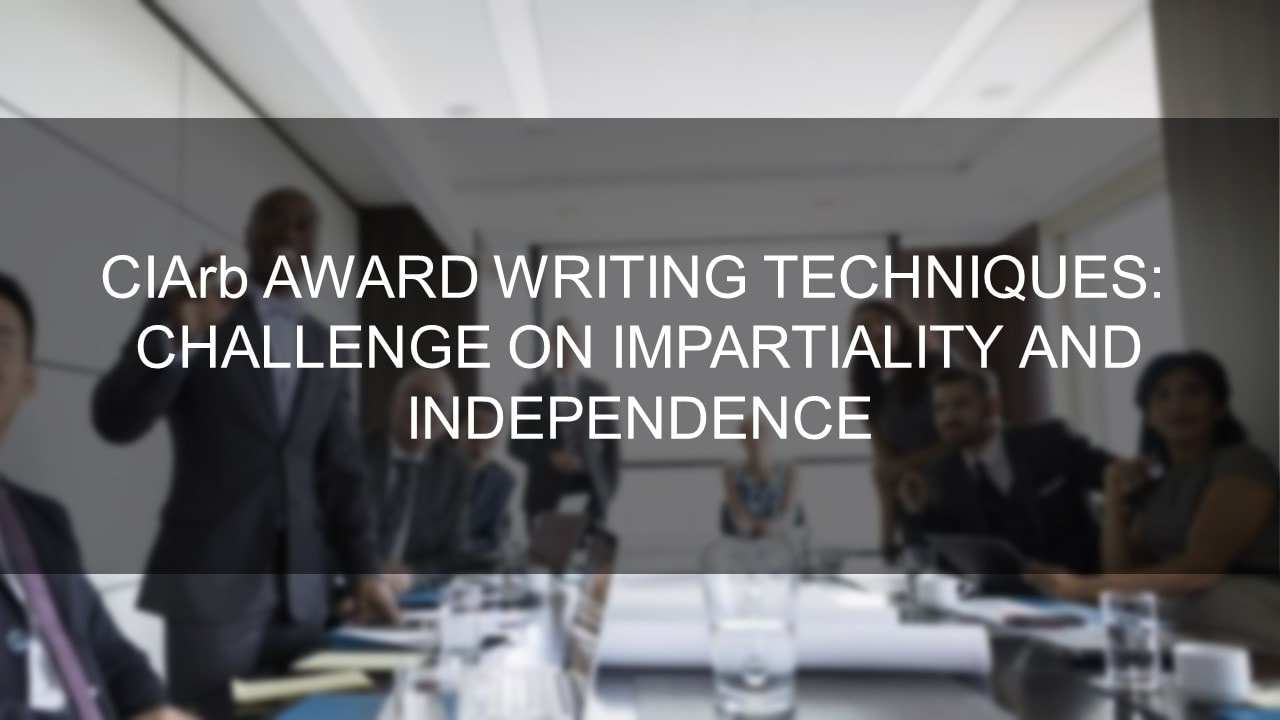
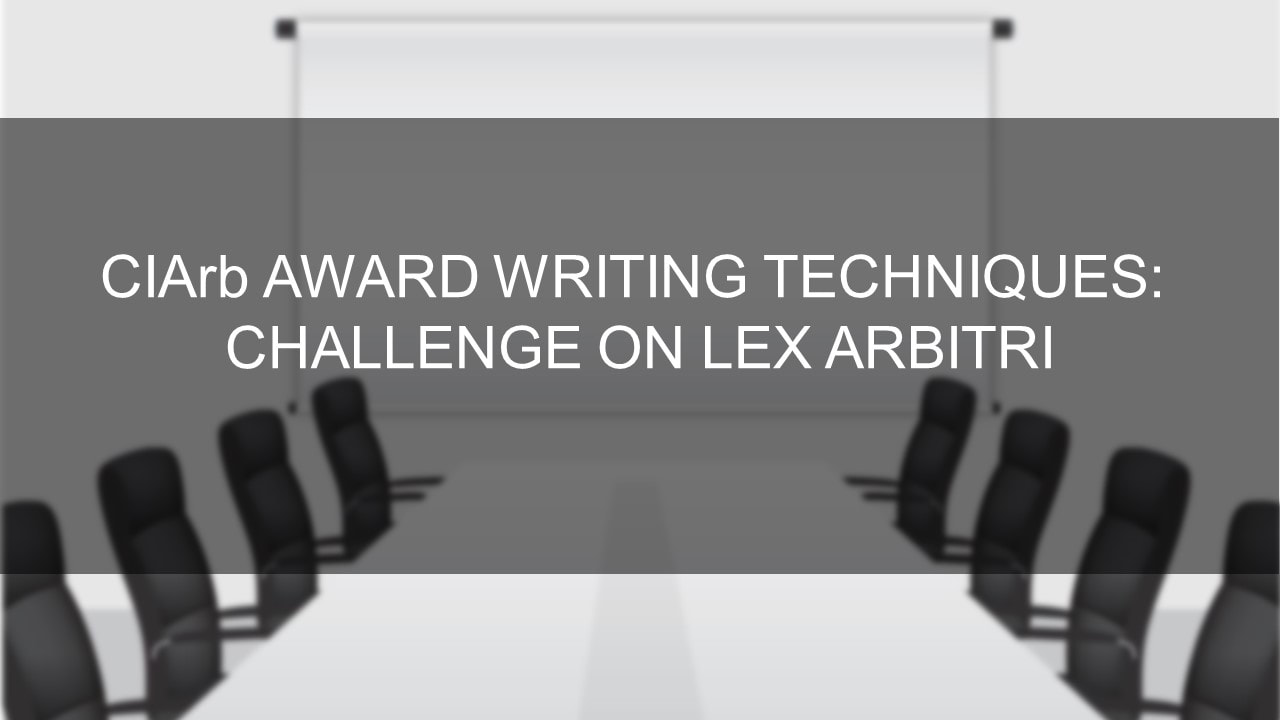

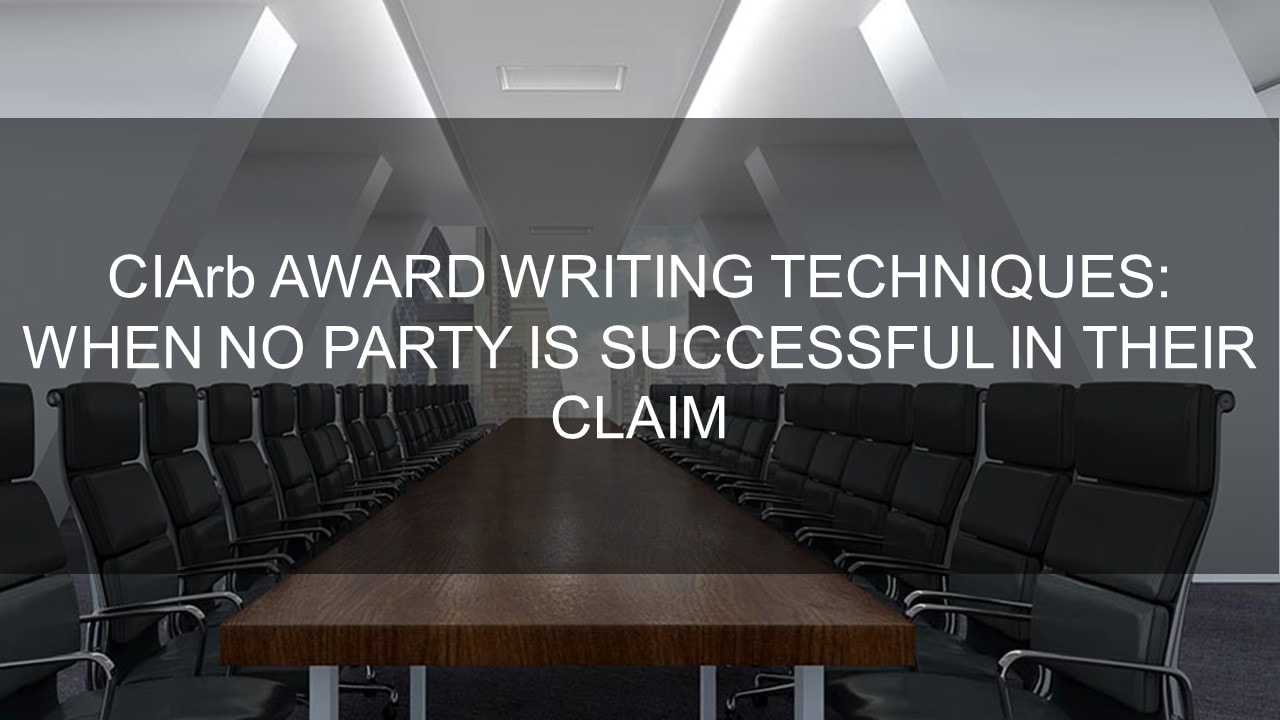
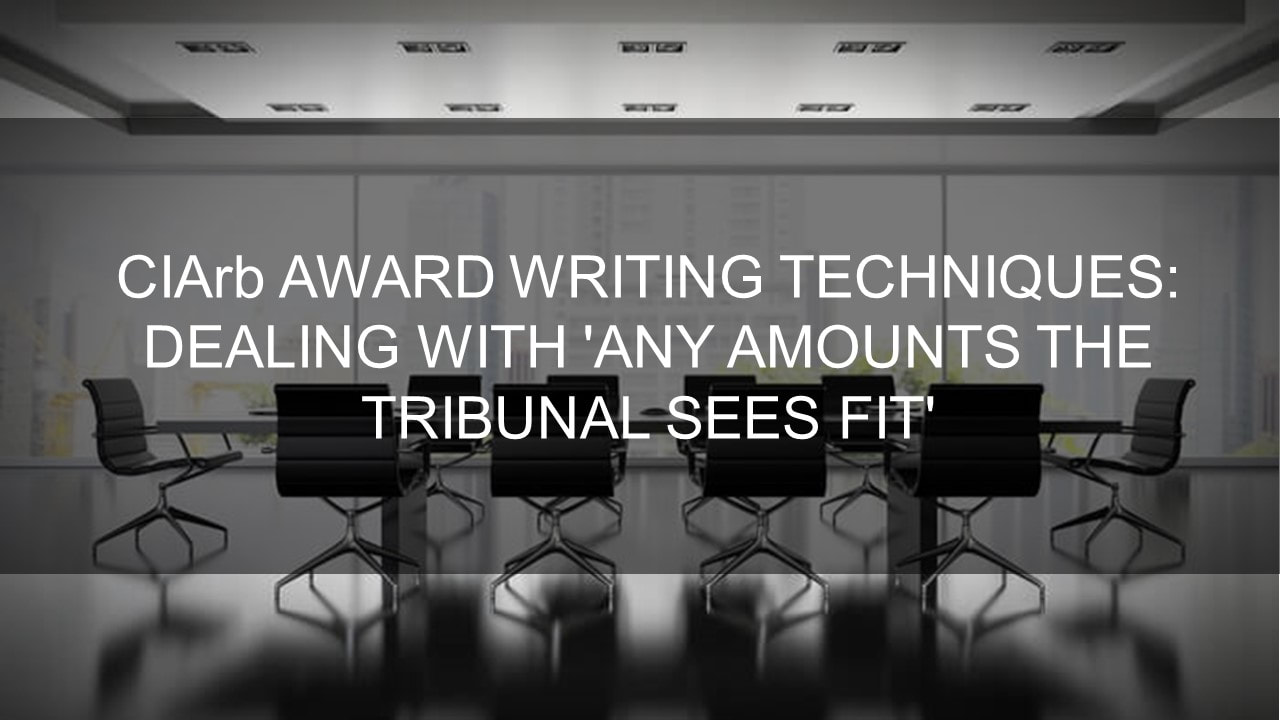
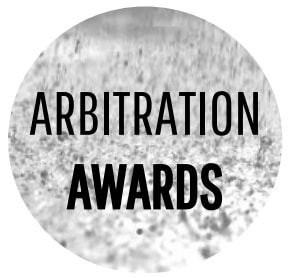
 RSS Feed
RSS Feed
